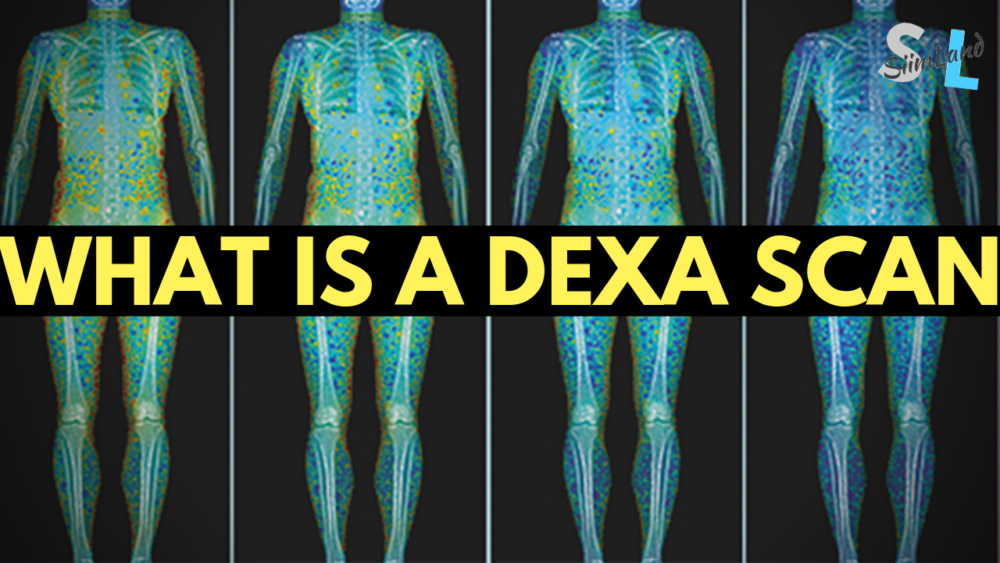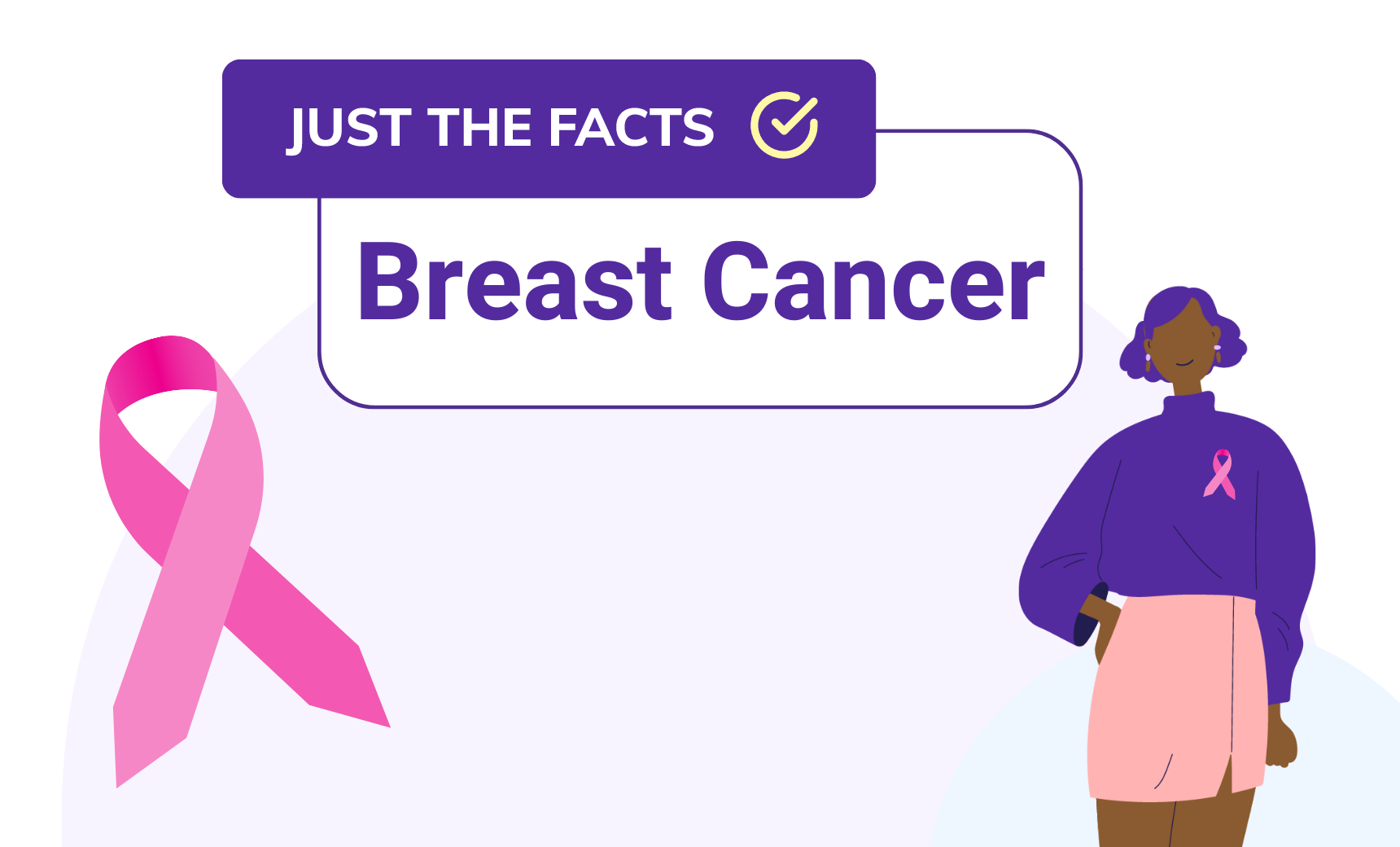
DEXA Scan: What Does It Mean for Diagnosing Osteoporosis?
When it comes to your health, we usually think about the major organs like the heart, brain, and GI systems. Rarely do we pay attention to our bones until they break. It is not until we’re immobile for weeks and when the urge to itch under a heavy is when we have a greater appreciation for our bones. In this blog, we’ll shed some light on bone health and how to properly treat and test for it, particularly osteoporosis.
Osteoporosis is the bones’ condition that results in low bone mass, low bone mineralization, and strength, which can lead to bone fractures. Osteoporosis can be caused by medication side effects and significant hallmark signs of menopause for women. The link between osteoporosis and menopause is due to the low estrogen levels after the age of 50.
The best way to test for osteoporosis is with a DEXA Scan, also known as Dual-Energy X-Ray Absorptiometry. It’s an incredibly useful tool that uses X-Ray technology to measure bone density in the body, Bone Mineral Density (BMD).
After the 50 for women, it should be a part of the physical exam workup. Prevention is the best way to avoid osteoporosis. If a DEXA scan shows low bone density, then you can prevent the risk of fractures from occurring. The most common type of fracture that occurs with osteoporosis is vertebral fractures.
The best way to prevent or reverse osteoporosis is with lifestyle modifications. Modifications include increasing adequate calcium and vitamin D intake, weight-bearing exercise, stopping smoking, educating yourself on falling down, and avoiding heavy alcohol use. Additionally, affected patients should avoid or reduce drugs that increase bone loss, such as glucocorticoids.
If you or a loved one suspects osteoporosis, please book a screening DEXA with LabFinder by clicking here.
LabFinder offers various medical tests with a secure patient portal that seamlessly integrates results from any lab or radiology imaging center that’s in our system.




Andy Alem
The LabFinder Editorial Team is behind The Illuminator and The Insider, LabFinder’s consumer and business blogs.
Dr.Robert Segal
Dr. Segal is CEO and co-founder of LabFinder, as well as a board-certified cardiologist. He began practicing medicine in 2002 and has founded several businesses, including Medical Offices of Manhattan and Manhattan Cardiology.